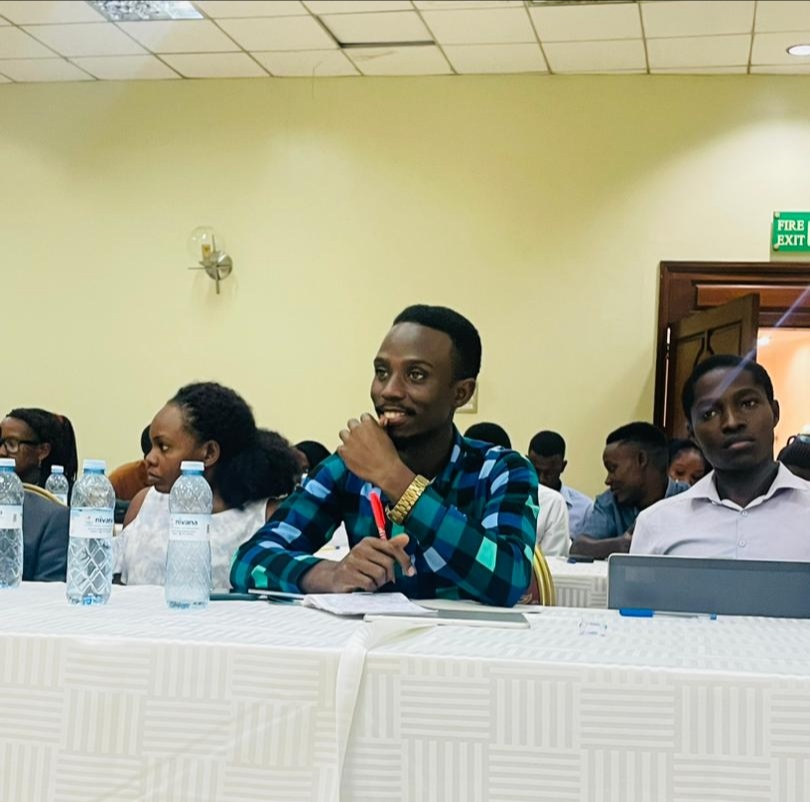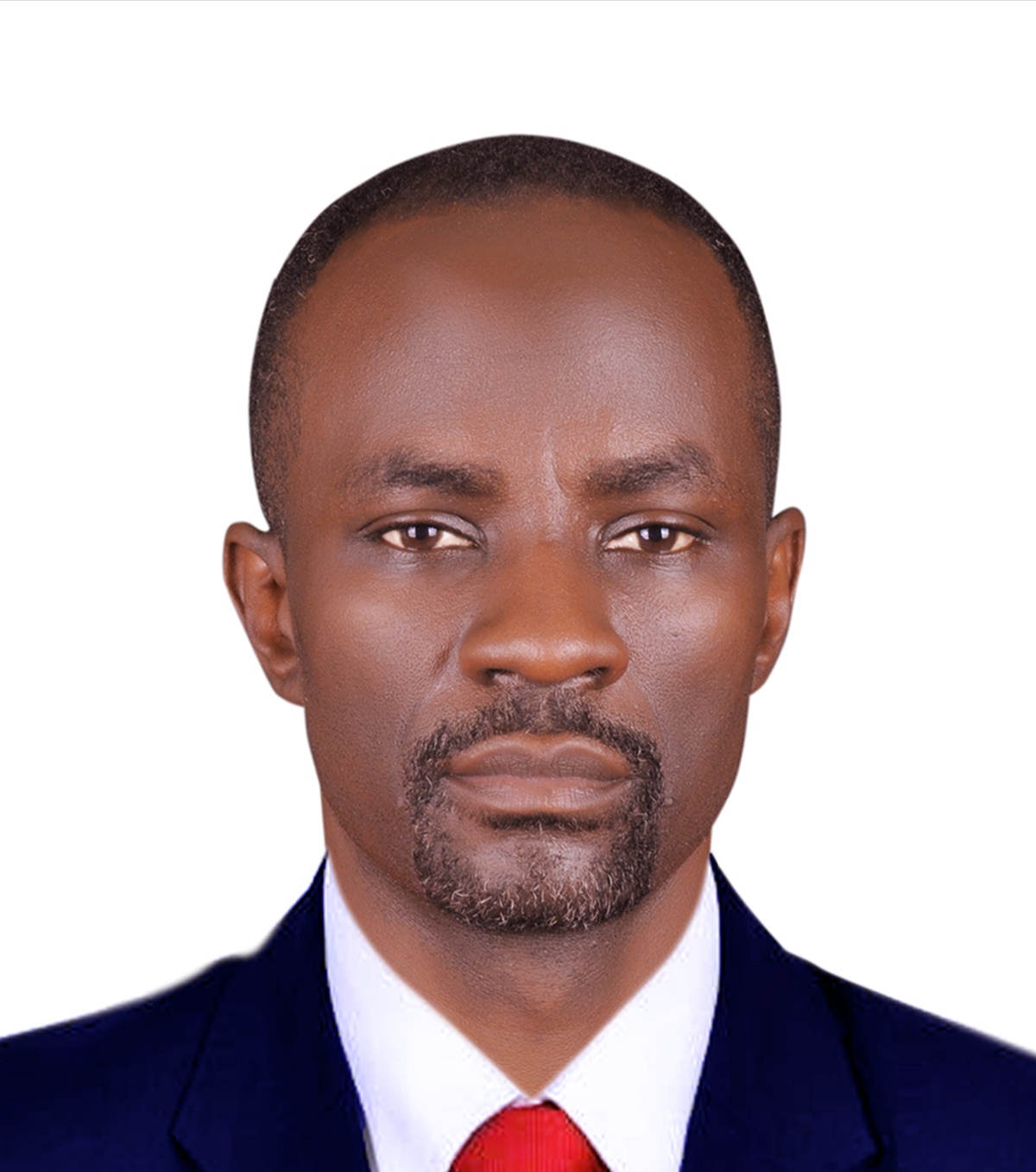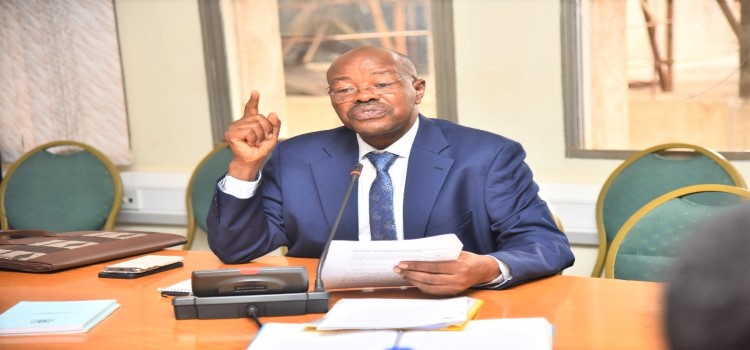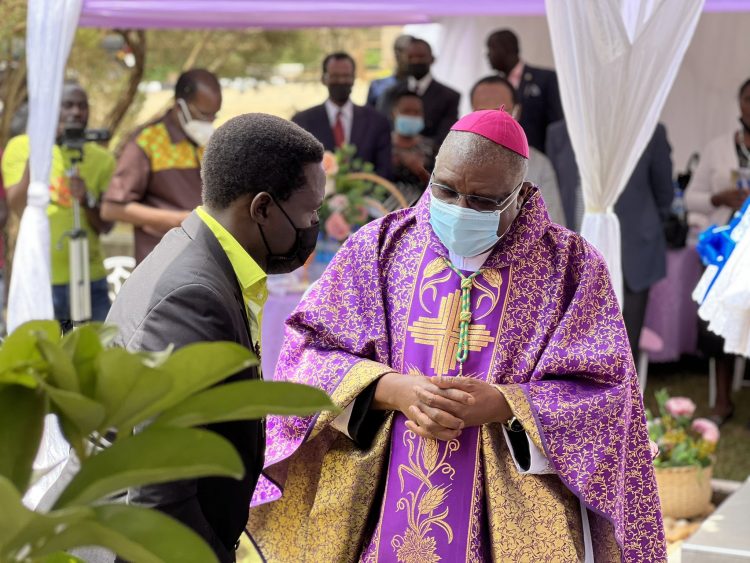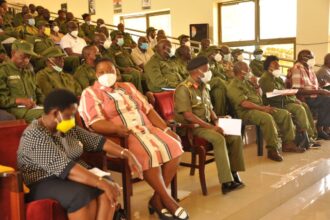It is absolutely noticeable that an irreversible wave of digitalization has positioned the media at a vantage point of being the voice for the voiceless, in the quest for respect of human rights.
The evolution from print, to radio, to television and now to online media has had a profound impact in shaping public opinions, which were largely shaped by traditional media previously.
This is attributed to the spectre of online/digital journalism. Journalism itself according to Jose Louis Orihuela refers to a professional method to obtain, analyze, elaborate and disseminate relevant information through technological channels available to reach the audiences.
Thus, when the use of the internet is grounded in this process of news sourcing, processing and dissemination, the term online/digital journalism or new media is realized.
The Internet which emerged in Uganda in 1995 has revolutionised the ecosystem of journalism, by eliminating the indispensability of the editors, and greatly empowering journalists or audiences to do things the way they please, in respect to information processing and dissemination.
According to data released by Digital Uganda 2022 authored by Simon Kemp, there were about 13.92 million internet users in Uganda as of January 2022, with a penetration rate of 29.1% at the start of 2022.
Also according to Statcounter GlobalStats report of 2023, the use of social media platforms to access information has been on the rise since May 2022, with 48% of the internet users actively involved in accessing information on Twitter in February 2023.
This fundamental change has heightened the realization of the right to freedom of expression for the citizenry, as defined in article 19 of the International Covenant on Civil and Political Rights (ICCPR) as the right to seek, receive and impart information and ideas of all kinds, regardless of the frontiers, either orally, in writing, or in print, in the form of art, or through any media of one’s choice.
The Internet has changed the volume, direction and speed of information flow world wide, which has in turn empowered citizens to seize the opportunity and demand for their rights through voicing out societal grievances.
In a phone interview with Robert Ssempala, the Executive Director for Human Rights Network for Journalists (HRNJ) – Uganda he said that digital journalism has helped sharply in advancing freedom of expression by broadening the scope for acquisition and dissemination of information.
According to the General Comment 34, 3 on ICCPR, freedom of expression is a necessary condition for the realization of principles of transparency and accountability, hence essential for the promotion and protection of human rights.
That is to say; freedom of expression, which has been ameriorated due to the spectre of digital journalism provides an essential foothold through which man can push authorities to respect other human rights and freedoms.
It is worth noting that the emergence of the internet came with many platforms through which citizens can curate their own content and disseminate it, in the quest for their rights.
Thus digital platforms like Twitter, Facebook, Whatsapp, Snapchat, Tiktok are available and widely accessible to the citizenry, mostly students, urban elites and others, which has empowered journalists from being mere storytellers to engaging with their audience, hence giving people a chance to express themselves and demand for their rights.
Through exposing the excesses of the government and its role in infringing on human rights, the public has risen up to hold state officials accountable, and even demand for greater rights, for instance; following the arrest and torture of journalists as they were covering Robert Kyagulanyi as he sought to petition United Nations Human Rights Council (UNHRC) in Kololo February 2021 on the state of human rights abuses in Uganda, videos of security operatives pouncing on journalists went viral on social media, which raised awareness, and prompted rights groups, press associations to demand for respect of humanity and citizens’ rights.
Konrad Adenaeur Stifftung (KAS) in its 2006 report on the impact of social media on political communication and social engagement notes that the emergence of new media with sites like Facebook, Whatsapp, YouTube, and a collection of blogs, a news statement can advance from zero to a million viewers overnight. This means that digital platforms facilitate fast accessibility to information, and also fast citizen response.
In what has been referred to as the digital age, advancements in ICT have also played a vital role in overcoming the limitations of time and space in information sharing and networking. Thus social media platforms have facilitated what would have otherwise been a complex network between the citizens, the mainstream media and the state.
For instance ; in the 9:00 am news segment branded “Munansi Weyogerere” on 88.8 CBS FM, the public is given chance to comment on topical issues through digital sites like Facebook and Whatsapp, hence these comments are picked up by policy makers to determine an appropriate response to people’s grievances.
Freedom House’s freedom of the Press 2016 report indicated that Ugandan citizens are partly free to express themselves, given its still independent media. Reporters without borders rank Uganda 97 out of 180 countries in its 2015 freedom of expression index.
Thus digital platforms have greatly shaken traditional journalism through changing the way information breaks, in supersonic speeds and providing an opportunity for news to reach everyone swiftly, allowing for easier sharing of opinions with minimal interference from regulation.
New media however possess a great risk and information shared on these digital sites is unfiltered and not subject to journalistic code of ethics.
Robert Ssempala also decried unprofessional use of digital devices and platforms to spread false information, which is detrimental to harmony and peaceful co-existence of citizens in society.
While addressing journalists on the state of freedom of expression in Uganda during the commemoration of the Press Freedom day on May 3rd, Uganda ‘s Minister for Information and National Guidance Hon. Dr. Chris Baryomunsi warned journalists who use their digital devices to spread lies and disseminate inflammatory information.
In the final analysis, digitalization in Uganda has had a profound impact on the way journalism is done, in the quest to advance other human rights.
However, the misuse of digital devices has attracted a crackdown on free press, endangering the freedom of expression secured due to this digital revolution.
Do you have a story in your community or an opinion to share with us: Email us at Submit an Article



